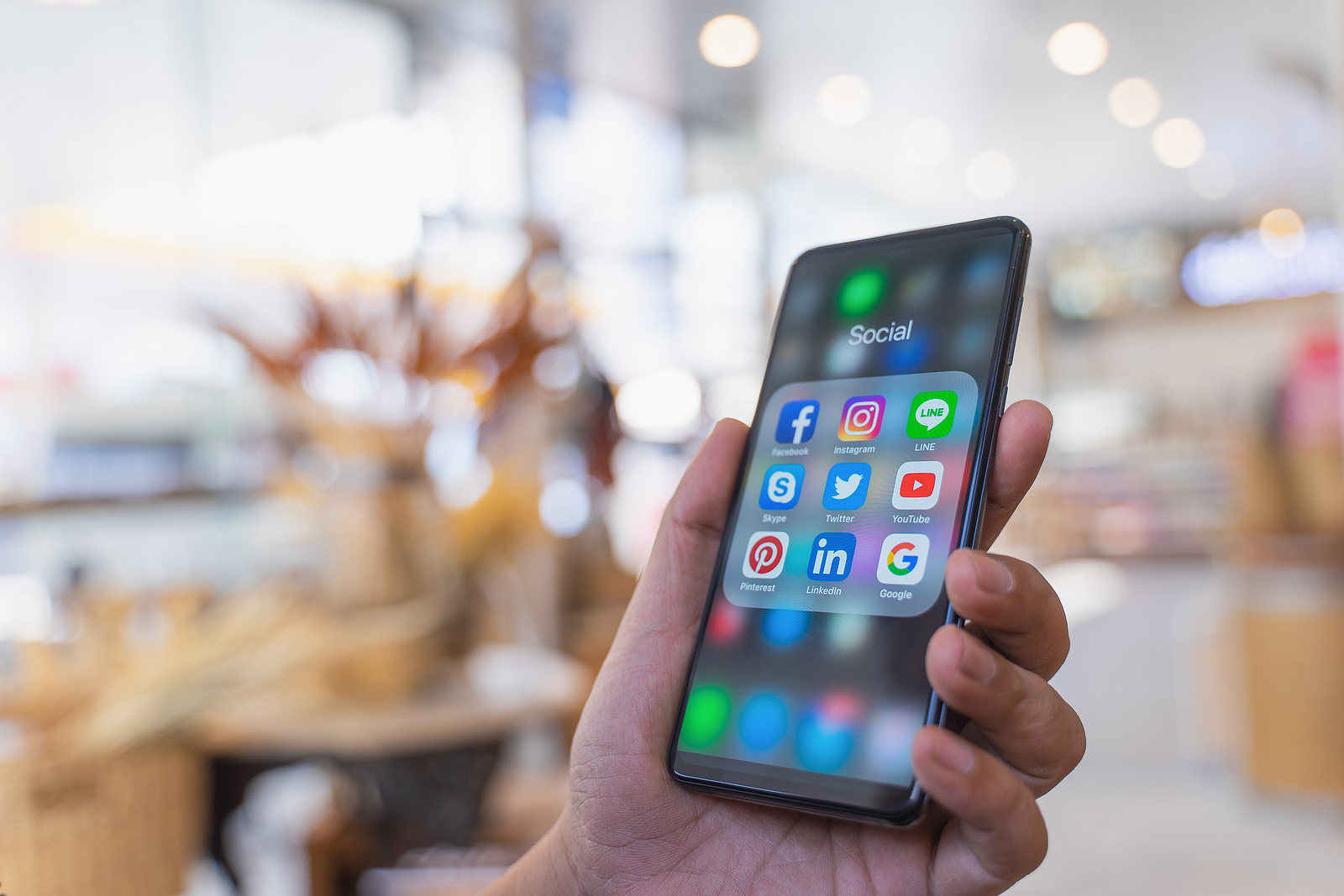Social media is a prominent part of society today, but the personal information you share may put you at risk for identity theft, fraud and other incidents. Reuters reported that up to 87 million Facebook users may have had their information exposed to a firm called Cambridge Analytica. The breach has users worried about what may happen to their personal information if it lands in the wrong hands. Whether or not you are affected by this data breach, be aware of any information you share online, especially if it is sensitive in nature.
Ways to Keep Your Information Safe On Social Media

Minimize the Number of Apps With Access to Your Account
Apps with access to your Facebook data can endanger your privacy if used improperly. If you sign up for a new account on a website or app, you may see the option to log in using your Facebook account. As a result, you may have numerous apps linked to your Facebook that have access to your profile and information. Go to the Apps and Websites page of your Facebook account, and review the ones actively linked to your account. Remove any that you do not use or plan to use in the future to reduce the risk of a data breach from a third-party app.
Strengthen Password Protections
While having a strong password with a mix of lowercase and uppercase letters, numbers and special characters is a good start, there are other ways to protect your password. Firstly, do not use the same password for accounts. If hackers have access to one password from a breached site, they are likely to try using that password for other sites. Secondly, instead of a password, choose a passphrase made up of several words.
Finally, look into two-factor authentication for social media accounts. Two-factor authentication works by requiring you to log in to your account with your email and password and then verifying your identity through sending a message to an email address or device only you own, such as your mobile phone. Go to the Security and Login page on Facebook to change your settings and activate two-factor authentication.
Minimize the Sensitive Information You Share
Hackers know social media accounts contain valuable information, so prevent oversharing personal or financial information. This can include your birthdate, full address and even seemingly harmless information about your pets and where you went to school. Why not share this information? Because “What’s the name of your first pet?” or “Where did you go to high school?” are frequently used as security questions for accounts. To avoid sharing sensitive data, check your privacy settings, and don't publish posts on the “Public” setting.
In this age of oversharing, it’s more important now than ever to protect your privacy on Facebook. Another great way to do this is by letting a reputable marketing company handle your social media for you. Not only will they handle posting, they’ll also monitor your accounts regularly, respond to any messages you receive and notify you of any suspicious activity. To learn more about these services, contact us at 702-270-8772.



